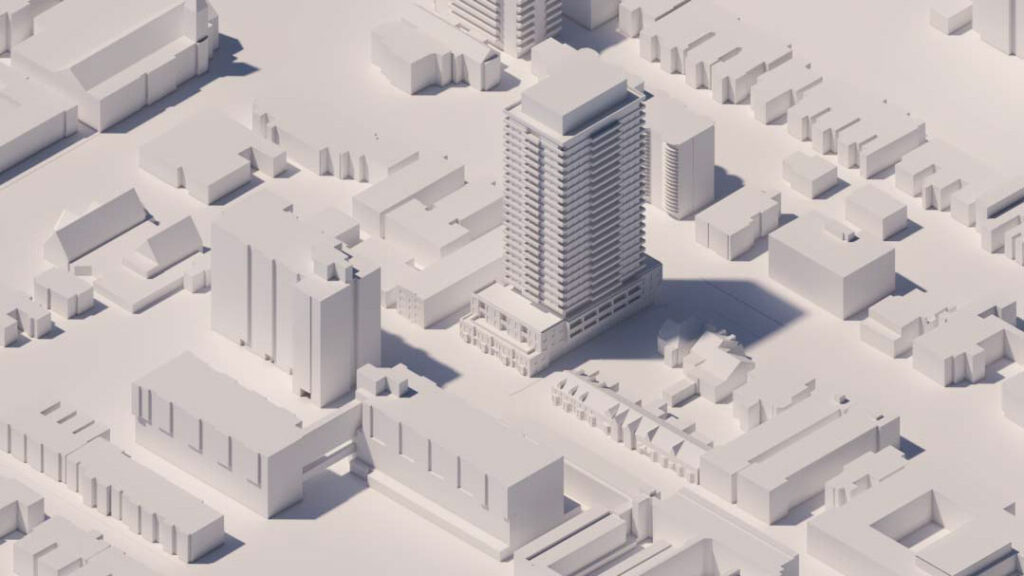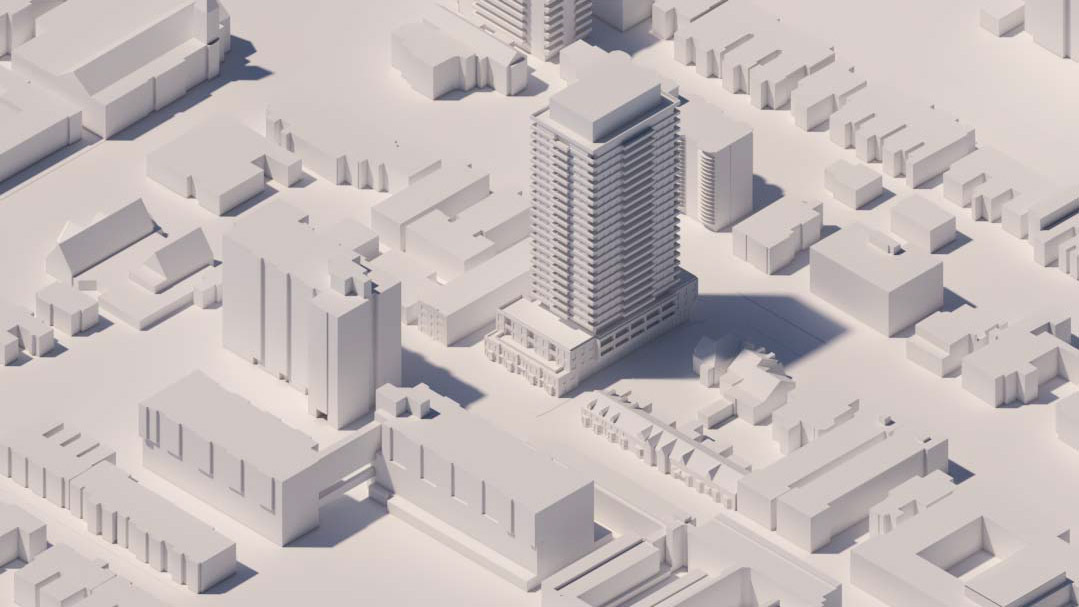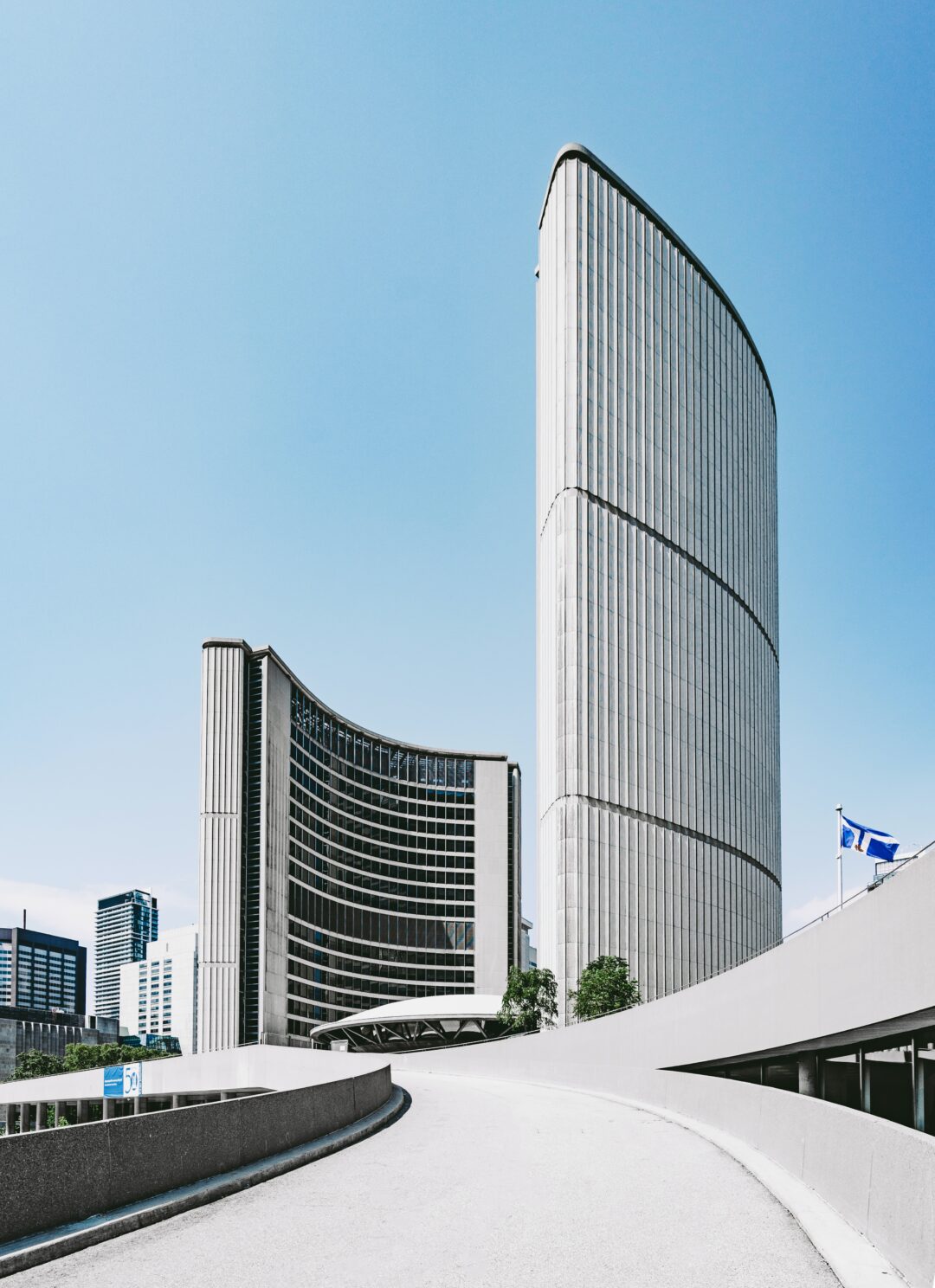By Elizabeth Ford –
At its Aug. 24 meeting, Toronto’s new executive committee, under the city’s new mayor, updated its long-term financial plan amidst a major fiscal shortfall and post-pandemic challenges.
Facing a $1.5 billion operating budget shortfall, councillors are subject to a limited number of revenue tools since the province stopped reimbursing the city for lost revenues under Bill 23 (More Homes Built Faster Act). In order to boost revenues for the coming year, it is recommended council approve, among other things, a commercial parking levy, a land transfer tax on foreign investors, a higher land transfer tax on high value homes (over $3 million), and a vacant home tax. A review of municipal surplus lands will give priority to build affordable housing in high-density, transit oriented communities such as the Downtown East, where the sprawling encampment in Allan Gardens park makes the housing crisis more visible.
Mayor Olivia Chow buckled down on her campaign promise to build 25,000 new affordable rental homes. She pledged to work with housing vice-chair Brad Bradford (Beaches-East York) to expedite the process and strengthen relationships with non-profit partners.
“We have a housing crisis and your constituents are asking for help; evictions, mortgages, young people putting their lives on hold,” Chow said. “We have to build more and we have to build things faster and set a new target on top of the Housing Now target,” she said referring to the 40,000 affordable units Housing Now aims to create by 2031. Chow wrapped up adding that the city will work with the provincial and federal governments to solve its financial woes.
Anna Safarova is among the constituents struggling to make ends meet. She attended the executive committee meeting on behalf of non-profit Progress Toronto in support of new revenue streams.
“I’ve been living here more than 12-years and have had to move multiple times in the past three—the apartment buildings were renovating,” Safarova said. “I’m asking city council to support the vacant home tax.”
Launched in 2019, the Housing Now initiative uses city owned surplus land such as vacant lots to develop affordable housing within transit-oriented, mixed-use communities. The first 11 properties identified in the first phase of the project aimed to create over 10,000 new residential units. The current and final phase (three), declares 21 municipal properties for redevelopment. Of those 21 properties, 10 have been re-zoned and six have been contracted to developers. For the 0.74 acre lot at 405 Sherbourne St. in Cabbagetown, currently run by the Toronto Parking Authority, a 25-storey rental tower is proposed with 89-133 affordable units in addition to some 267 residential units.

Proposed 25-storey rental building for 405 Sherbourne St. designed by SvN architects.
The site was approved for re-zoning in 2021 along with an open request for proposal (RFP) for a non-profit partner to develop and operate the site by the second quarter of 2022. Architectural drawings by SvN architects for CreateTO, which oversees the Housing Now initiative, depict a 25-storey tower but it is still unclear who will develop the site. According to the Housing Secretariat, the city plans to issue an RFP for a not-for-profit partner to develop and run the property at 405 Sherbourne St. sometime next year, two years later than the original anticipated date. The Secretariat, in a media statement, said the Covid-19 pandemic and current macroeconomic factors, mainly the high cost of construction which has increased by 63 per cent since 2019, are the main cause for the slow-down.
Budget chair, Shelley Carroll says in order to prevent builders from halting affordable housing projects before they are finished, a measure at the federal level needs to be put in place that gives them access to the real cost of construction materials before they start their project.
“We’re still looking to the Ottawa level to deal with the macro-economic conditions delaying the start of building affordable housing,” Carroll said at the executive committee meeting.
A representative of councillor Chris Moise (Toronto-Centre) said the councillor is aware of potential delays to the project and is working with his provincial counterpart MPP Kristyn Wong-Tam to advocate the province for funding.
In their first official meeting on Sept. 18 Mayor Olivia Chow and Premier Doug Ford discussed the city’s financial situation and without creating further taxation solutions, a working group has been assembled to deliver a solution to the budget shortfall as early as November. Chow spoke to reporters at a post meeting press conference.
“Whatever kind of revenue, (it gets) the city of Toronto, really doesn’t care where the money comes from as long as there’s structurally a promise,” Chow told reporters after the meeting.




